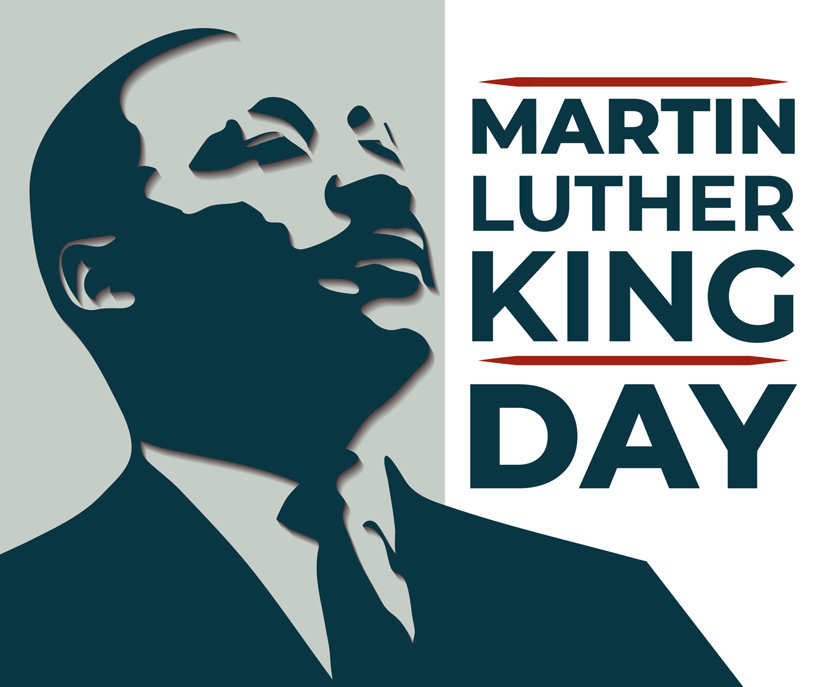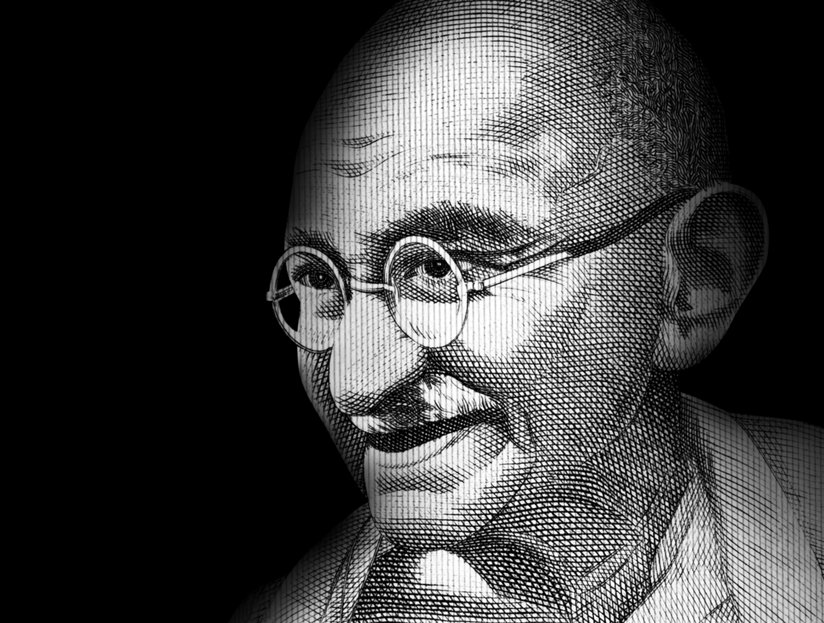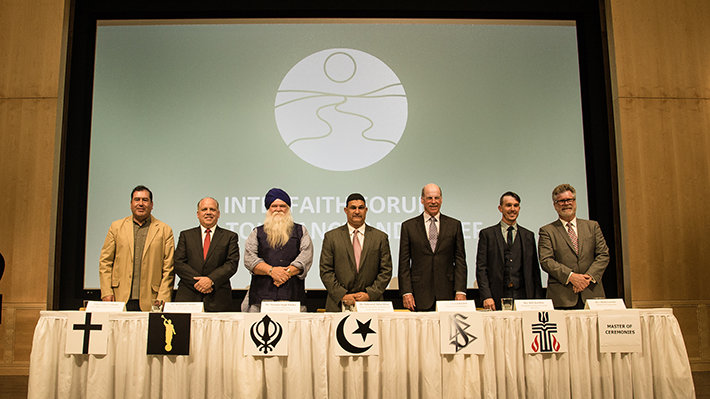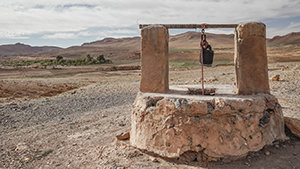
-
HOME
-
WHAT IS STANDOur Mission Our Values Our Help Contact
-
WHAT WE FIGHT FORReligious Freedom Religious Literacy Equality & Human Rights Inclusion & Respect Free Speech Responsible Journalism Corporate Accountability
-
RESOURCESExpert Studies Landmark Decisions White Papers FAQs David Miscavige Religious Freedom Resource Center Freedom of Religion & Human Rights Topic Index Priest-Penitent Privilege Islamophobia
-
HATE MONITORBiased Media Propagandists Hatemongers False Experts Hate Monitor Blog
-
NEWSROOMNews Media Watch Videos Blog
-
TAKE ACTIONCombat Hate & Discrimination Champion Freedom of Religion Demand Accountability
MLK Championed Religious Respect, Too
Today is the birthday of a giant of a man, Martin Luther King Jr.
We of course know MLK as the courageous young minister who led the original Montgomery bus boycott and went on to help a nation of Blacks out of discrimination, illegal voting restrictions and Jim Crow racism.
However, a little known fact about him was his respect of other religious traditions and even his embrace of some of their tenets.

MLK was most fundamentally influenced by Gandhi, who was a Hindu who also studied Buddhism deeply. Inspired by Buddha, Gandhi employed the tactic of nonviolent resistance to eventually free India from British rule.
A little known fact about him was his respect of other religious traditions and even his embrace of some of their tenets.
Gandhi refused to engage in hate for those who were oppressing his people. He felt love was the key to changing hearts. MLK was also deeply affected here too, as evidenced by the parallelism of these two quotes:
“In this world hate never yet dispelled hate. Only love dispels hate. This is the law, Ancient and inexhaustible.” – The Buddha
“Darkness cannot drive out darkness; only light can do that. Hate cannot drive out hate; only love can do that.” – Martin Luther King Jr.
Gandhi died before he and MLK could meet, but MLK would later travel to India to visit with people who knew Gandhi to learn more about him—his philosophy and tenets.

Buddhism wasn’t the only religion that had a profound impact on MLK. A religious intellectual, MLK owned a copy of the Book of Mormon.
Just days before his untimely death, he spoke at an upstate New York celebration for Rabbi Abraham Joshua Heschel. It was attended by 1,000 rabbis who sang “We Shall Overcome” in Hebrew, in honor of both the rabbi and the reverend himself.
So while we know and revere MLK as a champion of racial justice and an unrelenting foe of bigotry, he was also a leading proponent of interfaith cooperation and respect for other religious traditions—traditions he not only respected, but learned from.
If we work hard, we can arrive at that place where all races and religions are respected, and where we learn to be and apply the best of it all.
On that day we can truly say that “we have overcome!”









